History Of Taekwondo in Nigeria
The introduction of Taekwondo in Nigeria began in the year 1975 by Aikpa Aime from Cote D’ Ivoire, a French-speaking country in the West African Coast. Aikpa was a formal student of Grandmaster Kim Yong Tae who is Korea’s pioneer Taekwondo coach in Africa as of 1967.
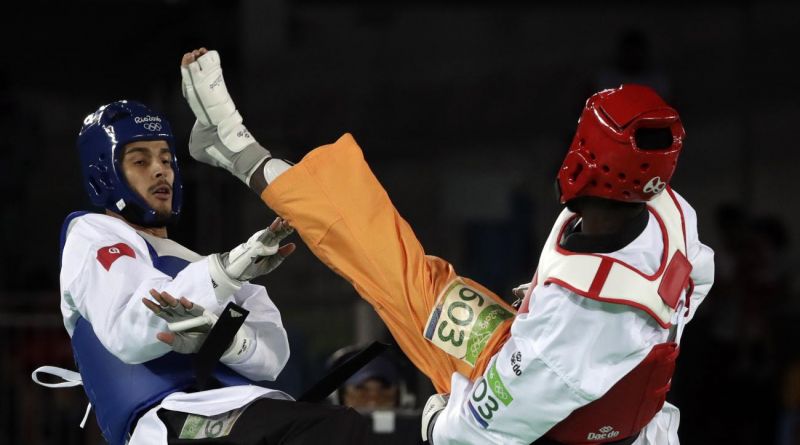
He opened a school for Jidokwan that same year which was successfully run by three of his black belts named Dominic Bassey, Emmanuel Ikpeme and Kofi Anani. In the year 1976 three American pioneers named Messrs Don Lee, Jerry Parker and Robert Beudon visited Nigeria in different measures introducing the Moo Dukkwan style in Western and Northern Nigeria.
The Moo Duk Kwan School was officially spearheaded by George Ashiru before he later moved to Jidokwan. The Chung Do Kwan School which was also established in Western Nigeria With Mr Deola Kumpayi as the pioneer.
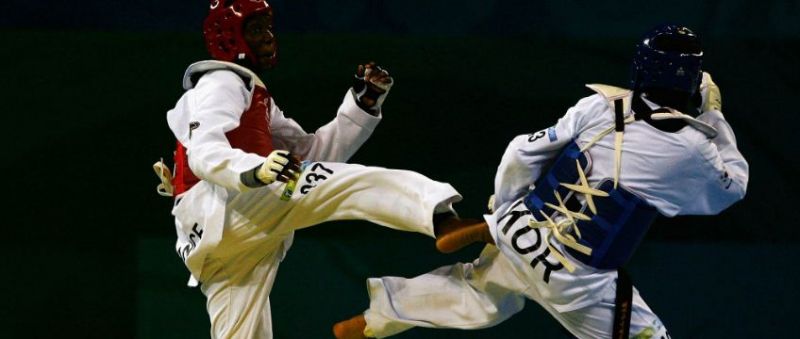
In not less than ten years of establishment, the pioneers of the school and their junior colleagues toiled in a new dimension of establishing one of the most successful martial arts in Nigeria.
The foreign experts that were brought to train the Nigeria Army in the year 1983 and other instructors that came to visit came together to form the Nigeria Taekwondo Black Belt College which later became the Nigerian Taekwondo Association officially recognized in the year 1987 by the Government of Nigeria and the World Taekwondo Federation.
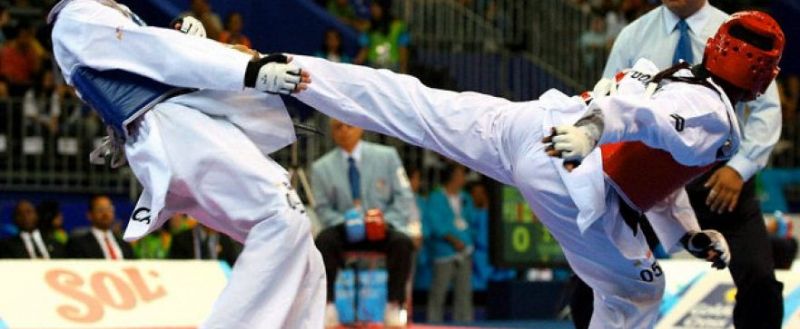
The Chung Do Kwan school expanded on its own with the International Taekwondo Federation as its affiliate as well as the Moo Duk Kwan school which was co-joined with the U.K based World Korean Karate Federation as of the early 1980s and was expanded mainly by the Nigerian universities system through the effort of Master George Ashiru.
In the early 1990s, the members of the Moo Duk Kwan community were selected to join the World Tang Soo Do Association with the leadership of Grandmaster Jae Chul Shin.
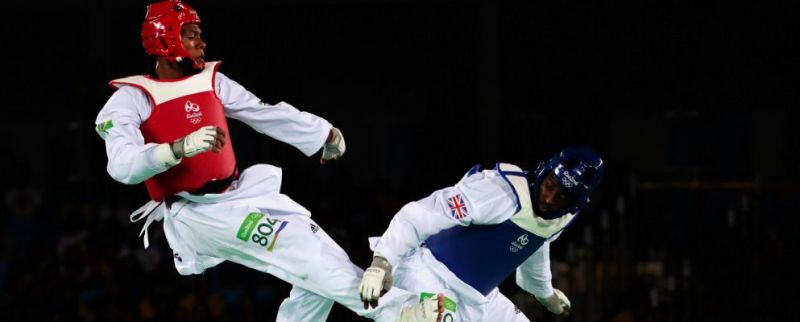
It was a thing of celebration and a glorious opportunity for the Moo Duk Kwan community as Tang Soo Do became a notable name again, after gaining acceptance as an Olympic sport when it appeared as a demonstration event in the 1988 Seoul Olympic Games.
Taekwondo became a full medal sports competition at the 2000 Sydney Olympics. Nigerian Taekwondo successfully progressed due to the involvement of the Jidokwan’s Kukkiwon. The sports were made up of a professional team which enhanced the interest of individuals to be part of it.
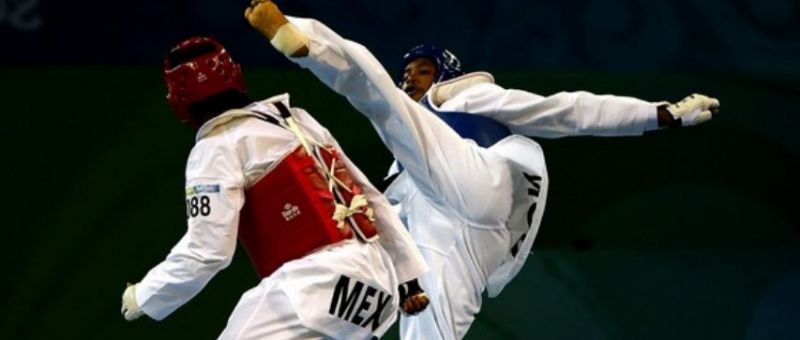
The sport became a comprehensive art to be adopted by all military forces, schools, private organization and foreign embassies. The interest in Taekwondo sports has recently increased in Nigeria not only as a martial art but as an international sport.
Nigeria has trained athletes who represent them at all international tournaments, African Championships, World Championships, World Cup and the Olympic Games and have won laurels for them.